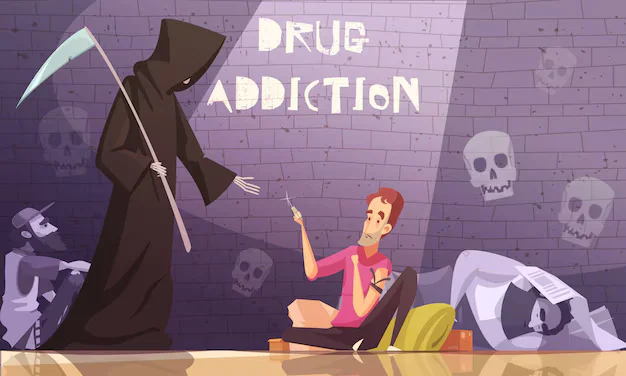Smoking remains one of the leading causes of preventable death worldwide, with over 8 million people dying each year due to tobacco use. The impact of smoking stretches beyond individual health, creating a significant burden on families, communities, and healthcare systems. This article will explore the various effects, risks, and diseases linked to smoking while offering practical solutions and support for those looking to quit.
The Devastating Effects of Smoking on Your Body
Cardiovascular Consequences
Smoking dramatically increases the risk of heart disease, stroke, and peripheral artery disease. Shockingly, smokers are twice as likely to develop coronary heart disease compared to non-smokers. Nearly 200,000 heart-related deaths annually in the U.S. are attributed to smoking.
Take the story of John, a former smoker who experienced a heart attack at 45. Doctors identified his smoking as a key factor in his heart disease, leading to significant changes in his lifestyle and health.
Respiratory Ramifications
Chronic obstructive pulmonary disease (COPD), emphysema, and chronic bronchitis are prevalent among smokers. COPD alone is the third leading cause of death in the U.S., claiming approximately 152,000 lives each year. Smoking damages the lung airways and destroys the air sacs, making it difficult to breathe.
Statistics show that around 80% of COPD cases stem directly from smoking. This illustrates just how severe the impact is on lung health.
Cancer: A Smoking Gun
Lung Cancer and Beyond
Lung cancer is the leading cause of cancer death for smokers. Approximately 85% of lung cancer cases are linked to smoking, with smokers having a 15 to 30 times higher risk of developing this disease compared to non-smokers. The American Cancer Society reports over 235,000 new lung cancer cases each year.
Additionally, smoking is connected to other cancers, including:
- Throat cancer: 5-10 times more likely in smokers
- Mouth cancer: 3 to 5 times higher risk
- Bladder cancer: Smokers are twice as likely to develop this
- Kidney cancer: Higher incidence in smokers
- Pancreatic cancer: Smokers have nearly double the risk.
The Role of Carcinogens
Tobacco smoke contains over 7,000 chemicals, with at least 70 known carcinogens. These substances can damage DNA and lead to cancer formation. Dr. Lisa Brown, an oncologist, states, “The damage caused by these carcinogens is irreversible and often leads to fatal outcomes.”
The Ripple Effect: Smoking’s Impact on Others
Secondhand Smoke
Secondhand smoke poses severe health risks to non-smokers, particularly children. It has been linked to around 41,000 deaths in non-smoking adults and 400 infants in the U.S. each year. Consider Sarah, a young mother whose child developed asthma due to her exposure to secondhand smoke.
Financial Burden
Smoking comes with a hefty price tag. Smokers can spend over $2,000 annually on cigarettes alone. This figure doesn’t include healthcare costs, which can surpass $4,000 per year for smoking-related illnesses. Quitting can lead to significant savings.
To budget effectively, smokers should:
- Track expenses related to smoking.
- Set financial goals to save money.
- Explore alternatives for affordable leisure activities.
Breaking Free: Strategies for Quitting Smoking
Seeking Professional Help
Professional help can be vital for a successful quit. Drug rehab in San Clemente can help you to cope with any type of addiction. Doctors, therapists, and support groups provide essential tools and encouragement. Nicotine replacement therapy (NRT), such as patches and gum, can also aid in easing withdrawal symptoms.
Lifestyle Changes and Support Networks
Making lifestyle changes can boost your chances of quitting. Incorporating exercise, eating a healthy diet, and practicing stress management techniques can help. Support from friends, family, and local groups can motivate the quitting process.
Resources and Support: Your Journey to a Smoke-Free Life
Government Resources
Numerous government resources offer robust support for those looking to quit smoking. Here are a few reputable options:
- CDC’s Tips from Former Smokers: CDC Tips
- Smokefree.gov: Smokefree
- National Cancer Institute’s Quit Smoking: NCI
Community Support Programs
Local support groups can make a significant difference. Programs like the American Lung Association’s Freedom From Smoking have helped thousands quit successfully. Many communities also offer counseling services and resources to assist in the quit journey.
Conclusion
Smoking’s poses severe health risks, including various diseases and detrimental effects on individual and public health. Quitting smoking’s not only enhances personal well-being but also fosters a healthier environment for everyone. With a wealth of resources available, taking the first step toward a smoke-free life is closer than you think. Prioritize your health today—take action to quit smoking.







